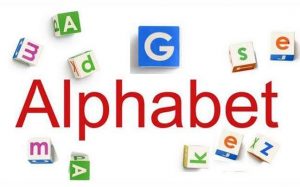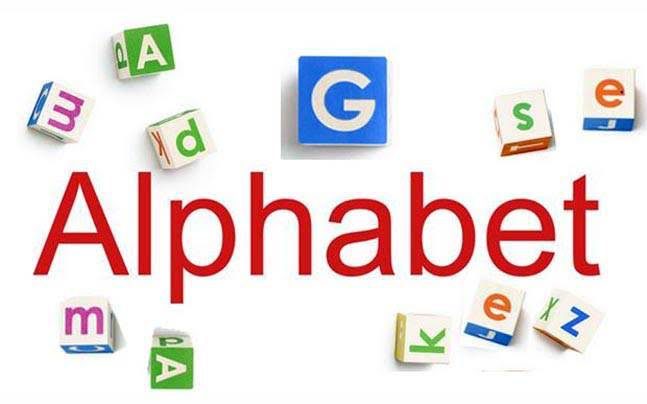Parent company of Google; Alphabet Inc is closing down its internet balloon business; Loon saying on Thursday the 21st of January 2021, that it was not commercially viable.

Loon which was founded in 2011 was intended to provide a much more affordable alternative to cell towers in parts of the world where setting up cell towers were too expensive or dangerous. The strategy was to then step in via the use of balloons that are the length of tennis courts to help float solar powered gear for networking, high above the Earth.
Unfortunately wireless carriers who Loon had foreseen as the buyers of its technology, questioned the political viability and technical viability of its product.
The Chief Executive Officer (CEO) of Loon; Alastair Westgarth made it known via a blog post that, “While we’ve found a number of willing partners along the way, we haven’t found a way to get the costs low enough to build a long-term, sustainable business.”

The founder of the Loon project; Rich DeVaul stated that the increased demand for mobile connectivity made towers even more cost effective in more parts of the world than he had first thought possible a decade ago. This eventually reduced the need for Loon.
Speaking during an interview he said, “The problem got solved faster than we thought.”
The founder made it known that the Loon project’s legacy would include the advancing the technology for helium balloons to the point where they could last for hundreds of days in the sky, as well as the development of communications equipment that could deliver cell coverage effectively across areas that are 200 times bigger than areas that average towers could cover.
One setback with the Loon project was the fact that interested carriers would need numerous balloons at the same time. This proved problematic because each balloon had a cost of tens of thousands of dollars and only lasted for up to 5 months.

Loon. Image From Crunch Base. www.crunchbase.com
Loon kickstarted a pilot project in the East African nation of Kenya in 2020 a number of years behind initial planned launch due to regulatory delays.
According to Business Daily Africa, Loon’s partner; Telkom Kenya did not immediately respond to a request for comments.
Loon’s technology was first proved to be successful in short projects to provide cell coverage in Puerto Rico and Peru where their cell towers were affected by natural disasters.
Although Loon proceeded to pitch its ideas to international organizations and countries alike to aid during future emergencies, they had little success.
Loon has however said that it will share its technology with interested governments, carriers and non profit groups who are looking to bring high speed internet to places across the world that do not have them.

As at 2019 Loon had employed a total of 200 individuals. By that same year it had achieved an investment of 125 million dollars from HAPSMobile by SoftBank. HAPSMobile is also working towards the floating of cell equipment with the use of drones.
Alrhough HAPSMobile declined to comment on the financial effect of Loon’s shutdown, it however stated that it would “continue to work toward our goal of developing a commercial business.”
Other companies including those backed by big money entrepreneurs like Jeff Bezos, Richard Branson, and Elon Musk, continue to look at various ways to offer internet connections via the use of satellites that are in close orbit to Earth.
Google’s parent company; Alphabet has in the past shuttered establishments separate to Google or what it refers to as “other bets”, including which is working on kites that generate electricity. While it has pressed a number of said bets to raise funding from other investors in order to help said bets become self sustaining, Loon continued to struggle to attract investment.
Alphabet says one of its bets; Wing, is aiming to commercialize the use of drones to carry out the delivery of goods.
Are there any other topics, news, devices, or categories that you would like us to write on? Feel free to reach out to Mpesa Pay in the comment section.


